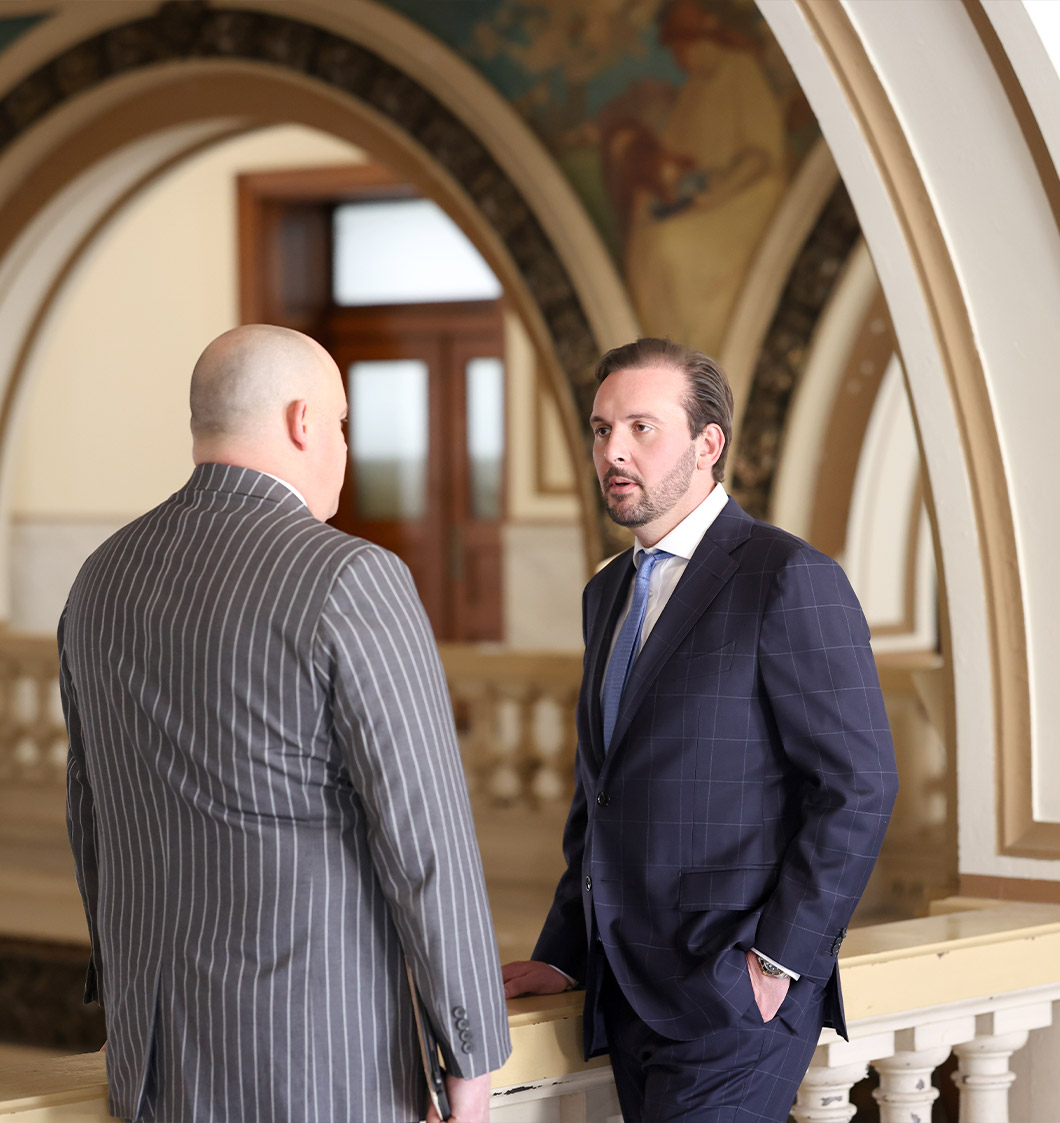
Understanding Elder Abuse in Missouri
Missouri clearly defines elder abuse as actions that cause substantial emotional distress to an elderly person, that knowingly risk an elderly person’s health or life, or that intentionally deprive an elderly person of the goods or services they need. The state defines those 60 or older as elderly.
Your future is on the line. Call Combs Waterkotte's St. Louis elder abuse lawyers at (314) 900-HELP for an immediate consultation.

The crime of elder abuse can include physical, emotional, and financial abuse, as well as exploitation, abandonment, and neglect. The latter action refers to caretakers not offering the food, shelter, or medical care someone who is elderly requires.
Missouri recognizes three degrees of elder abuse. First-degree involves causing serious physical injury. This is a Class A felony, which can mean between 10 years and life in prison if convicted.
Second-degree elder abuse refers to recklessly or intentionally causing serious physical pain or suffering. It’s a Class B felony, which can mean between five and 15 years in prison, along with steep fines.
You can be charged with third-degree elder abuse if you cause pain or suffering through criminal negligence or knowingly act in a way that creates risk for the person. This offense is a Class A misdemeanor that carries a potential penalty of up to one year in jail.
Being charged with financial exploitation can come with additional penalties, depending on the amount of money involved. A criminal conviction will go on your record, as well, which could impact your life in a number of ways.
For instance, a criminal record might prevent you from working in certain fields, cause you to lose certain professional licenses, and make you unable to rent a property. You could lose your right to own a gun and face immigration problems if you’re not a citizen, along with suffering the social stigma of having a criminal record.
Possible Defenses for Elder Abuse Charges in St. Louis
If you’ve been accused of elder abuse, it’s critical to hire an experienced St. Louis criminal defense lawyer to represent you. Being convicted can do irreparable harm to your life, so presenting a strong defense from the start is the best option.
We know clients in this position need tailored representation, and that’s precisely what we offer.
There are several elder abuse criminal defense strategies we can rely on, depending on your unique circumstances.
Lack of Intent
In many elder abuse cases, it’s necessary for prosecutors to prove that there was an intent to cause harm. If the alleged actions were accidental or carried no ill intent, that could be used as a defense.
Demonstrating that you didn’t mean to cause harm might not eliminate your liability, but it can significantly reduce the charges or repercussions you face.
False Accusations
Being falsely accused of elder abuse is a distinct possibility. Such charges can come about due to misunderstandings or during emotionally charged situations, similar to domestic violence charges.
With a knowledgeable attorney helping you, it’s possible to uncover inconsistencies or exaggerations in the accounts of those who are accusing you of abuse. Your lawyer can also gather evidence showing that the events described didn’t occur the way the accuser claims.
Insufficient Evidence
As with other criminal cases, the prosecution must prove that you’re guilty beyond a reasonable doubt. If the evidence is scant or flimsy, it might not be enough to meet this legal threshold.
We’ll assess all of the evidence against you and call it into question. We’ll also look closely at how it was obtained. If police officers didn’t have warrants or overstepped their bounds in any other way when gathering evidence, it may be possible to get it thrown out.
Mistaken Identity
In some cases, the most effective defense is to show that it could have been someone else who committed the alleged crime. We use mistaken identity defenses often when crafting defenses for violent crimes if we have an alibi proving that the defendant was somewhere else when the offense took place.
If we believe another person was responsible for the crime, we’ll perform a thorough investigation to clear your name.
Consent
If you’ve been accused of financial exploitation, we may also be able to use a defense of consent. For example, it’s possible that the person gave you permission to manage some financial tasks for them and didn’t remember doing so.





























